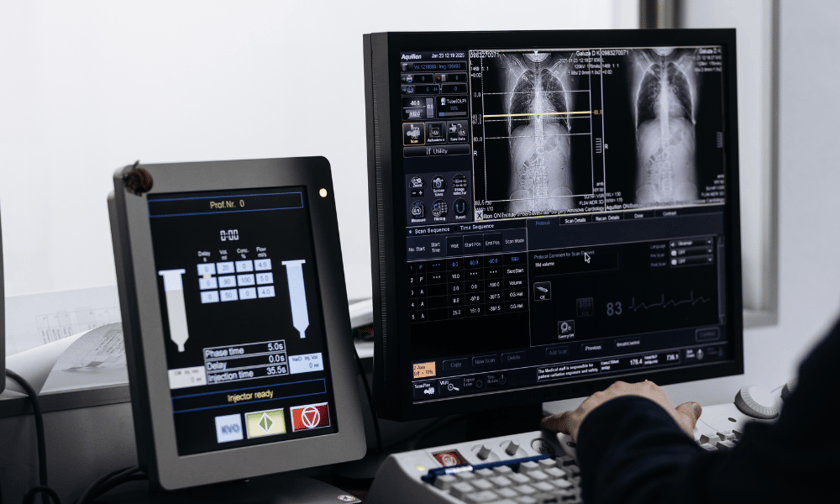

Insurance and Care NSW (icare) has launched its 2026 research grants program through the Dust Diseases Board (DDB), inviting Australian institutions to apply for funding to address occupational dust disease risks.
The grant program supports research aligned with three core categories:
Expressions of interest are open until 4pm AEST on April 23. Eligible applicants include universities, research organisations, and health institutions across Australia.
Projects must target improved health outcomes for workers exposed to respirable dust, including those in high-risk sectors such as construction, mining, and manufacturing.
Britt Coombe, icare’s group executive for general insurance and care, said the program’s objective is to support research that enhances outcomes for those impacted by hazardous workplace exposure.
“Through this funding, we’re investing in research that aims to improve outcomes for people exposed to hazardous dust through work. Whether it’s pioneering new treatments, improving workplace safety, or translating findings into policy and practice that improve workplace safety, we want to attract our greatest researchers to pursue these opportunities,” she said.
The grants are part of icare’s broader Dust Diseases Care initiatives, which also include public health outreach and respiratory screening programs for exposed workers.
In a related project funded through the DDB, Lung Foundation Australia (LFA) has developed educational resources tailored to culturally and linguistically diverse (CALD) communities in New South Wales.
The initiative was designed to improve access to occupational lung health information among Arabic, Chinese, and Vietnamese-speaking workers. The program included:
These resources were distributed during key health events such as National Safe Work Month.
LFA project officer Kerstin Greeneberg said the initiative addressed persistent gaps in communication and health education for CALD populations in high-risk jobs.
“This project was in response to an identification of a gap in resources for culturally and linguistically diverse workers, who make up a significant portion of at-risk industries. Translating these materials was essential to address this gap,” she said.
Initial feedback from users indicated improved understanding of lung disease symptoms, risk factors, and steps to seek medical support.
LFA is currently expanding its resource offerings to include additional translations into Punjabi, Nepali, and Spanish.
In February, icare also deployed a newly upgraded Lung Health Mobile Clinic to provide free screenings for at-risk workers across the state.
The mobile service offers respiratory assessments that include digital chest X-rays, lung function testing, and follow-up referrals when further imaging is required.
The mobile unit is designed to serve remote communities and includes enhanced clinical facilities, onboard diagnostic tools, and Indigenous-designed artwork to reflect community engagement.
The lung health screening initiative aligns with national health guidelines and is overseen by a clinical governance committee. The service builds on a 16-year legacy, during which the previous mobile clinic delivered over 53,000 assessments across more than 300 locations in New South Wales.
